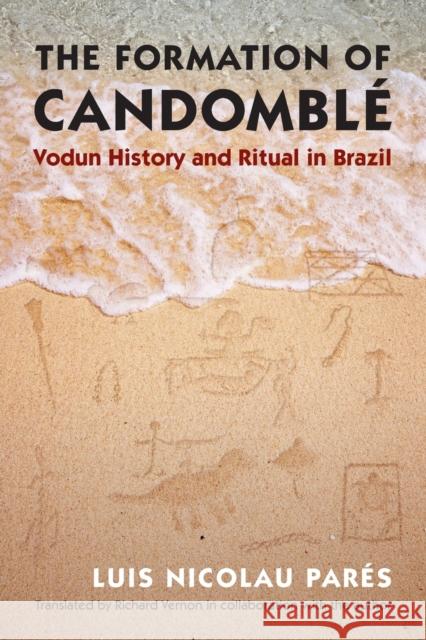The Formation of Candombl�: Vodun History and Ritual in Brazil » książka
The Formation of Candombl�: Vodun History and Ritual in Brazil
ISBN-13: 9781469610924 / Angielski / Miękka / 2013 / 424 str.
Interweaving three centuries of transatlantic religious and social history with historical and present-day ethnography, Luis Nicolau Pares traces the formation of Candomble, one of the most influential African-derived religious forms in the African diaspora, with practitioners today centered in Brazil but also living in Europe and elsewhere in the Americas. Originally published in Brazil and not available in English, The Formation of Candomble reveals cultural changes that have occurred in religious practices within Africa, as well as those caused by the displacement of enslaved Africans in the Americas.
Departing from the common assumption that Candomble originated in the Yoruba orixa (orisha) worship, Pares highlights the critical role of the vodun religious practices in its formation process. Vodun traditions were brought by enslaved Africans of Dahomean origin, known as the "Jeje" nation in Brazil since the early eighteenth century. The book concludes with Pares's account of present-day Jeje temples in Bahia, which serves as the first written record of the oral traditions and ritual of this particular nation of Candomble.











